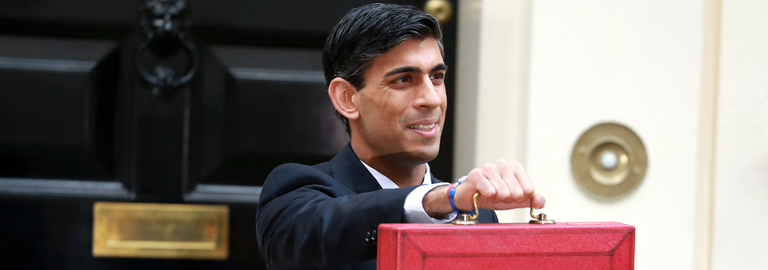
Businesses will face liquidity pressures and banks may remain reluctant to offer loans, as questions are raised over the Coronavirus Business Interruption Loan scheme (CBILS).
“The focus of the discussions we’ve been having with clients has been very much on the Coronavirus Job Retention Scheme, where the worry is that it is still not paying people even as we speak,” says Mike Hodges, partner at Saffery Champness. “The theory is that the CBILS would also provide financing even while people are waiting for the job retention payments to come through. My concern is that it’s not paying out as much as people would hope,” he says.
“We had the headline figure from the chancellor of £330bn and I’m not sure how much of that is actually reaching the businesses that need it. One in five businesses could go bust because they can’t have access to that money.”
The VAT and self-assessment payments deferrals – launched in late March – has provided SMEs with a much-needed cash boost, but companies had to act quickly in many instances.
“If people have the direct debit set up to pay that VAT, they needed to cancel it. Also, if you have PAYE liability, that’s immediate cash staying in the business’ bank account rather than having to be paid out. Both of these are more critical in terms of a timeline than the CBILS.”
Hodges suggests banks may not act quickly enough to facilitate borrower requirements.
“The government guarantee is not guaranteeing – it’s a protection for the lender rather than protection for the business that needs cash. Is that money getting through to the people who really need it while they’re waiting for the job retention payments to start?”
Further, while the Bank of England has lowered interest rates, banks may not be reflecting the drop.
“You hear stories about people saying ‘well, our bank has threatened us with an interest rate of 12 percent’. Banks are behaving as banks do and are applying their rules,” says Hodges.
“Perhaps the government needed to be more radical, but they could be frightened because of the risks they might be taking of defaults on those loans. If the government doesn’t stand behind it, then there is a risk that cash isn’t flowing through to these businesses, jobs will be lost and that will then have a cost to the economy.”
The cost of government programmes also remains a main concern as the promise of a £330bn injection into the economy raises eyebrows.
Resources & Whitepapers
“Ultimately the cost is going to end up on the taxpayers. They might as well loosen the ties on the interruption loan scheme to get that money out there because that’s where it’s going to do most good. If businesses can physically afford to pay their April payroll and ultimately claim that back when the business the job retention payments comes on stream, then that is the best position the country could be in.”
The Coronavirus Business Interruption Loans (CBILS) was announced by Chancellor Rishi Sunak on March 17 as a scheme aimed at supporting UK SMEs in need of cash injections – promising up to £5m of financial support.
Leave a Reply